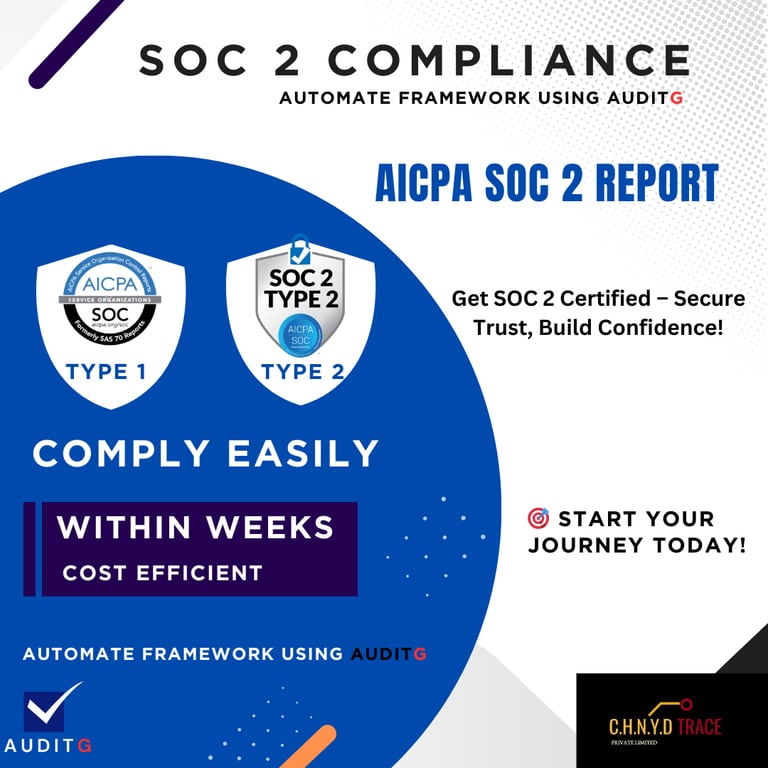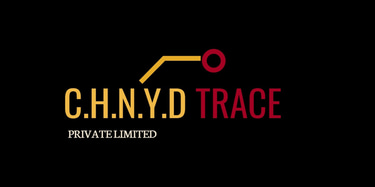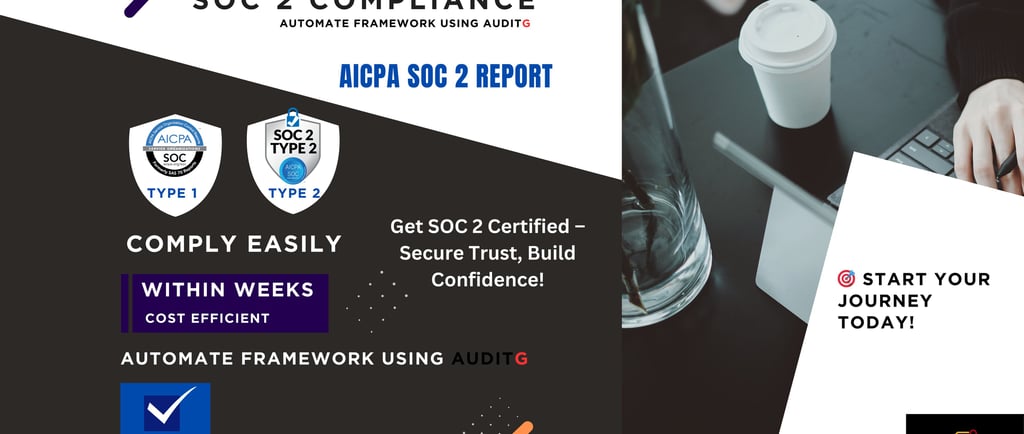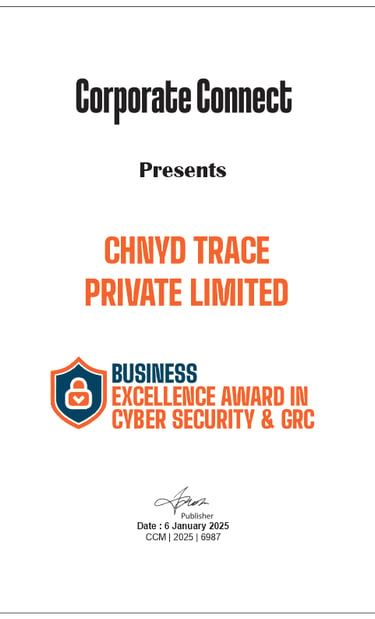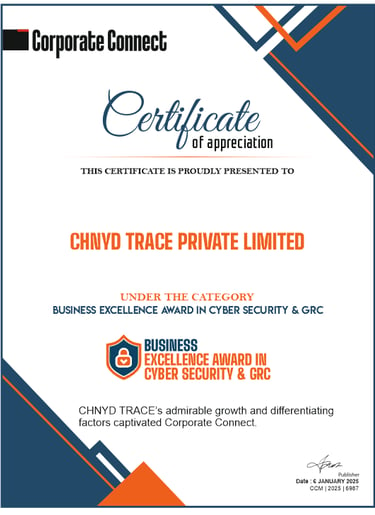soc 2 type 2 certification full form
SOC 2 Type 2 Certification Full Form: Breaking Down Advanced Compliance Terms
11/30/20244 min read
What is SOC 2 Type 2 Certification?
SOC 2, which stands for System and Organization Controls 2, is a vital framework that addresses the handling of customer data by service organizations. Primarily, it emphasizes the protection of sensitive information through stringent security protocols and ethical practices. Within this framework, SOC 2 Type 2 certification specifically evaluates the operational effectiveness of an organization's controls in managing customer data over a defined period, typically a minimum of six months. This certification is particularly crucial for service providers dealing with personal and confidential data, as it reassures clients and stakeholders of the organization's commitment to data security and privacy.
The SOC 2 Type 2 certification is based on five trust service criteria: security, availability, processing integrity, confidentiality, and privacy. Each of these criteria establishes a foundation for an organization to design, implement, and maintain robust controls aimed at protecting customer information. Unlike SOC 2 Type 1, which only assesses the design of these controls at a single point in time, SOC 2 Type 2 evaluates how effectively these controls function over a duration. This continuous assessment is essential for organizations wanting to demonstrate their dedication to maintaining high standards of information security.
Key Components of SOC 2 Type 2 Certification
SOC 2 Type 2 certification represents a significant benchmark for service organizations, primarily focusing on the Trust Services Criteria (TSC). The TSC encompasses five key components that are vital for evaluating the operational effectiveness of controls within an organization: Security, Availability, Processing Integrity, Confidentiality, and Privacy. Understanding these components is essential for achieving compliance and fostering trust among clients and stakeholders.
The first component, Security, addresses the protection of information and systems from unauthorized access. Organizations must implement robust security measures, such as firewalls and encryption protocols, to safeguard data against both internal and external threats. Evaluators will look for comprehensive policies and procedures that demonstrate a commitment to maintaining a secure environment.
Next is Availability, which ensures that systems are accessible and operational as needed. This component emphasizes the importance of maintaining uptime and providing timely access to systems and data. Organizations are assessed on their disaster recovery plans and incident response protocols, which should ensure minimal downtime during unforeseen events.
Processing Integrity revolves around the accuracy, completeness, and timely processing of data. Organizations must demonstrate that they have established controls to prevent and detect errors or unauthorized modifications to data. Evaluators will examine transaction workflows and data validation procedures to ensure high standards of integrity.
The fourth component, Confidentiality, addresses the protection of sensitive information. Organizations are expected to implement strict access controls and data handling procedures to prevent unauthorized disclosure of confidential data. This is particularly crucial for organizations handling personally identifiable information (PII).
Lastly, Privacy relates to the managing of personal data in accordance with applicable privacy laws and regulations. Organizations must provide transparency around data collection, usage, and sharing practices, ensuring that users have control over their personal information. Compliance with these TSC components not only enhances an organization’s reputation but also fosters trust with clients and partners.
The Audit Process for SOC 2 Type 2 Certification
The audit process for obtaining SOC 2 Type 2 certification is a comprehensive evaluation designed to assess an organization's adherence to the Trust Services Criteria—security, availability, processing integrity, confidentiality, and privacy. This process typically involves independent auditors who possess the qualifications and expertise necessary to conduct a thorough review of an organization's controls and operational effectiveness over a specified period, usually ranging from six to twelve months.
The first step in the audit process involves a pre-assessment phase, where the organization prepares for the audit. During this phase, entities must conduct an internal review of their control environment, ensuring that all relevant policies, procedures, and practices are in alignment with the criteria outlined in the SOC 2 framework. This preparatory work often includes documenting current controls, identifying areas for improvement, and implementing necessary adjustments to meet compliance requirements.
Benefits of Achieving SOC 2 Type 2 Certification
Achieving SOC 2 Type 2 certification offers numerous benefits for organizations, particularly in enhancing trust among clients and partners. This certification signals a commitment to high standards of security, availability, processing integrity, confidentiality, and privacy, essential for fostering long-term relationships. Clients and stakeholders today are increasingly scrutinizing the compliance frameworks of their service providers. By obtaining SOC 2 Type 2 certification, organizations demonstrate their dedication to safeguarding sensitive data, thereby improving trust and credibility in the marketplace.
In addition to heightened trust, SOC 2 Type 2 certification provides organizations with a structured approach to risk management. The rigorous assessment required for certification compels organizations to analyze their existing processes and identify areas of vulnerability. By addressing these vulnerabilities, organizations not only enhance their security posture but also prepare themselves to mitigate potential risks more effectively. This proactive approach to risk management can lead to reduced incident response times and improved overall operational resilience.
Moreover, organizations that achieve SOC 2 Type 2 certification often gain a competitive advantage in their respective industries. Many clients prefer to work with certified vendors over those that are not. This preference can lead to increased market opportunities and enhanced business growth. Furthermore, the processes established to meet the certification requirements often align closely with other regulatory frameworks, such as GDPR or HIPAA, thus simplifying compliance with multiple rules and regulations. As data privacy regulations continue to evolve, being SOC 2 Type 2 certified positions an organization favorably amidst various compliance obligations.
In today's data-driven environment, obtaining SOC 2 Type 2 certification is not merely a badge of honor; it is critical for organizations striving to maintain an excellent reputation and operational efficiency. Embracing these standards can facilitate robust security practices and overall business success.
Contact Us for SOC 2
Reach out for SOC 2 Type 2 certification inquiries and AICPA attestation details. We're here to assist you with your compliance needs.
